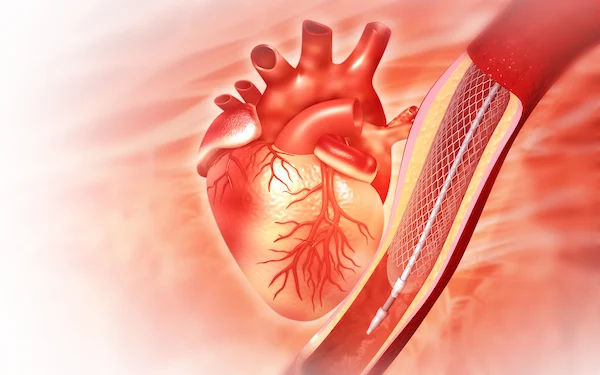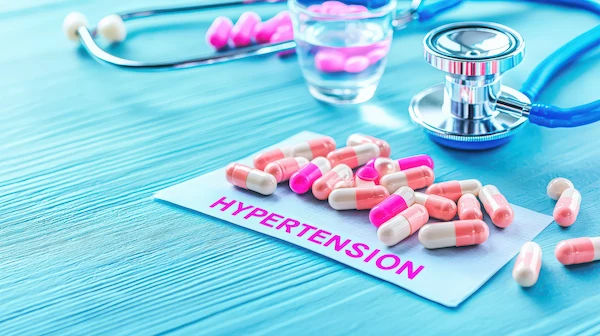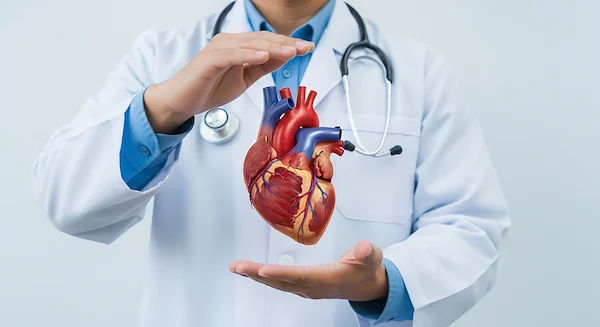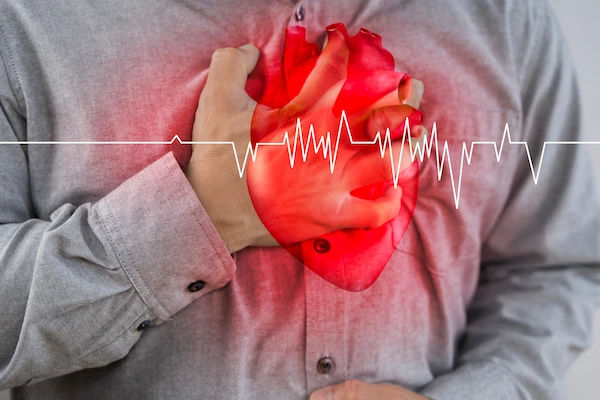- Male
- 35 Years
- 22/01/2025
I'm reviewing my lipid profile report, and I'm a bit concerned. My triglycerides are at 203, total cholesterol is 238, LDL cholesterol is 158, HDL cholesterol is 39, and VLDL is 41. I'm not sure if these numbers are within normal range. I'm trying to manage my weight, which is currently 73kg, because I had some palpitations about four months ago. I'm on a diet now, but I'm worried about these levels. Could you guide me on whether these are normal and how I might improve them?
Answered by 1 Apollo Doctors
To improve your lipid profile, you can consider making lifestyle changes such as following a healthy diet, exercising regularly, and maintaining a healthy weight. To help improve your lipid profile, you can start taking a statin medication like Atorvastatin 20mg. It is important to continue with your diet and exercise regimen to see improvements in your lipid profile over time.
Dr. Shubham Suggests...
Consult a Cardiologist
Answered 04/07/2025
0
0

More Cardiology Health Queries
View allI recently got an echo report showing mild tr and trivial mr but my LVEF is 70 with normal LV function. I'm a football player with no symptoms but worried about the valve leakage. Should I be concerned about the mild tr? Does this mean I need surgery or can I continue playing sports? The report says everything else is normal but I'm anxious about the leak.
cardiologist opinion is advised.
Answered by 1 Apollo Doctors
Does anxiety cause high blood pressure?
Anxiety does't course long term high blood pressure but episode of anxiety can cause temporary spike in blood pressure
Answered by 1 Apollo Doctors
I'm experiencing chest pain after every time I have intercourse, and I'm starting to worry. I have RHD, so I'm not sure if this is normal or if it's putting extra pressure on my heart. Can you help me understand what's going on?
Having chest pain after intercourse can be concerning, especially for a patient with Rheumatic Heart Disease (RHD). It is important to rule out any serious underlying causes for the chest pain. In your case, it is possible that the physical exertion during intercourse is putting extra strain on your heart, leading to chest pain. To help alleviate the chest pain and reduce the strain on your heart, you can take Nitroglycerin sublingual tablets as needed for chest pain. The usual dosage is 0.3 to 0.6 mg sublingually every 5 minutes as necessary, up to 3 doses. It is important to consult with your healthcare provider to discuss your symptoms and determine the best course of action.
Answered by 1 Apollo Doctors
Disclaimer: Answers on Apollo 247 are not intended to replace your doctor advice. Always seek help of a professional doctor in case of an medical emergency or ailment.





